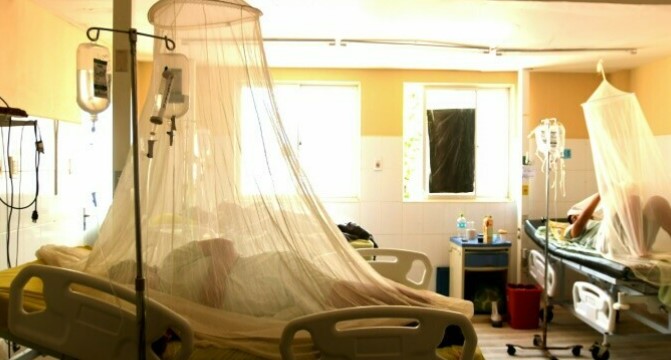The World Health Organization has issued a warning that the Americas may experience alarming dengue and chikungunya outbreak rates this summer.
The big picture: In many parts of the world, the spread of diseases brought on by mosquitoes has gotten worse due to climate change.
According to José Luis San Martn, regional adviser for dengue prevention and control for the Pan American Health Organization, a division of the WHO, higher temperatures favor the life cycle of the mosquitoes that transmit the viruses.
“In Central America, the Caribbean, Mexico, and the southern U.S. we’ll very likely be seeing intense transmission of the disease as we enter the second half of the year,” San Martín told Axios Latino.
Paraguay, where summer just ended, is facing what experts have called one of the worst chikungunya outbreaks in South America. At least 115 people have died in the country this year.
Data shows weekly chikungunya cases in the Western Hemisphere have reached record numbers this year, following an upward trend from the previous year.
Reported weekly dengue cases in the Americas so far this April are 36% greater than the same period’s average of the last five years. They will likely continue to rise, San Martín said.
For example, the U.S. last year reported more than 1,100 dengue infections, while in 2020 and 2021 it only had about 300 and 100, respectively.





